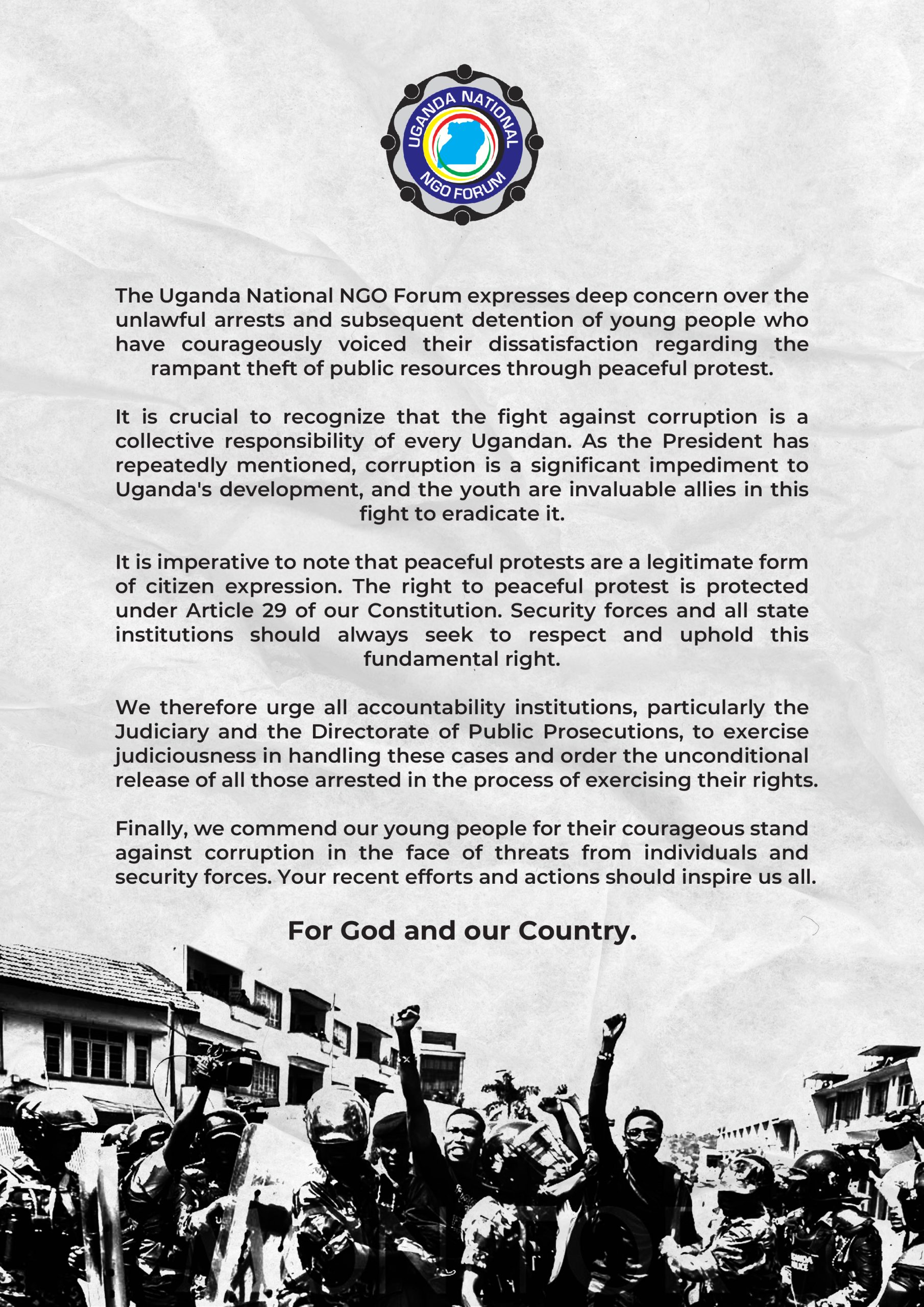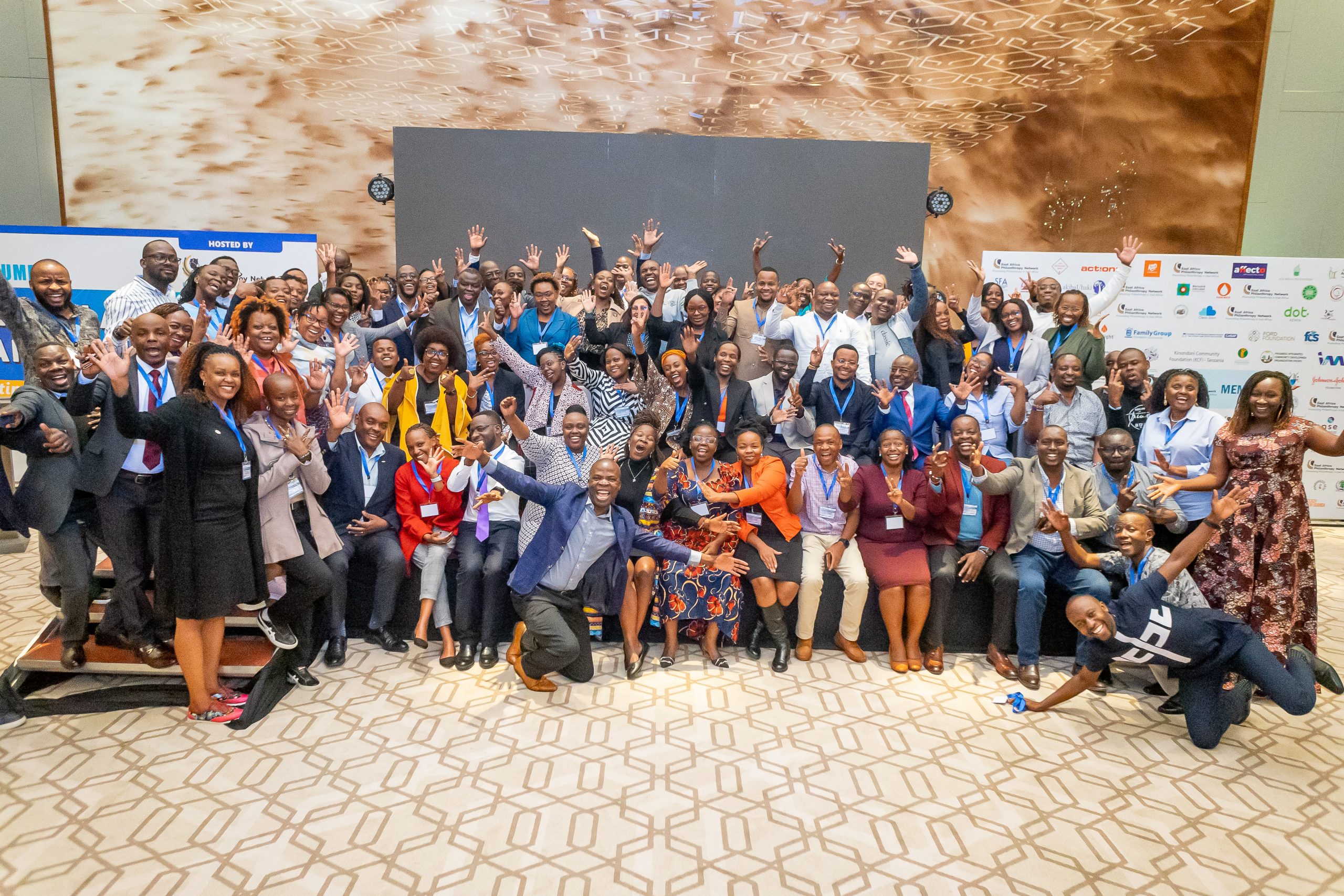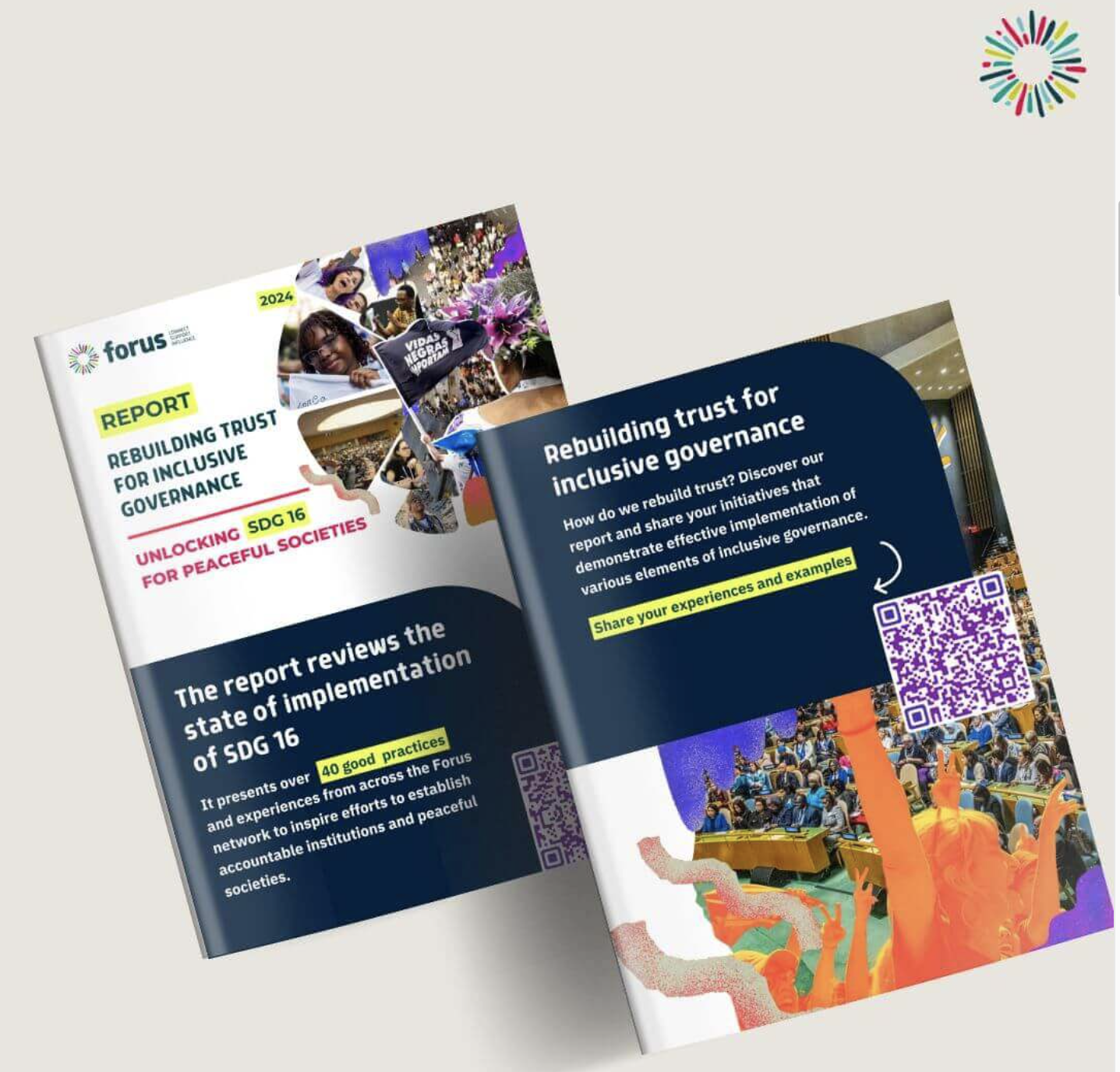Brief on Human Rights and the Human Rights Situation in Uganda” – OHCHR Uganda
The United Nations Office of the High Commissioner on Human Rights (OHCHR) Uganda, launched a report on the human rights situation in Uganda in February 2014.
While presenting key highlights and recommendations, Birgit Gerstenberg – Head of Office representative made a disclaimer that the report may not be country representative since the study was conducted in two regions only. Monitoring was done between November 2011 to September 2013 in Northern Uganda and Karamoja region, where OHCHR Uganda has sub-offices. In addition, areas of focus were determined by the OHCHR mandate.
This report is aimed at giving an overview of OHCHR activities addressing human rights situation in Uganda for the period Nov 2011-Oct 2013. It also presents the position of OHCHR on progress made and remaining concerns in the human rights themes the Office has worked on. In addition, OHCHR report seeks to develop a National Human Rights Action Plan providing an overview on several matter and recommendations to address identified issues.
Some of the major achievements from the sturdy indicate developments in incommunicado detention with creation of CMI Human Rights desk in April 2012. Uganda also achieved robust prison decongestion, reduction in average stay on remand periods, 30% increase in JLOS efforts to expand prison capacity, establishment of Judicial Case Backlog Committee, and increase in appointment of judges with expanded DPP offices.
Concerns were raised around violations of the Prevention and Prohibition of Torture Act 2012 where the UHRC 2012 report shows that Torture still leads in violations of human rights investigated. OHCHR 2012 reported 178 complaints and 64 complaints with 53% in Karamoja region from OHCHR 2013 report. 8 cases were reported of persons detained in barracks, severely tortured and later dumped in Police cells. This is mainly subjected to treason and terrorism suspects. In addition, investigations are still a challenge due to absence of judicial control and oversight.
The major Emerging Issues indicate that Government needs to work with NGOs and Civil Society Organizations (CSOs) in order to realize some of the plans set out for example initiatives on mapping documentation on truth telling under Transitional Justice. On the other hand, CSOs were urged to consider developing a report on Torture, given the wide scope of work they engage in, since government last produced a report on Torture in 2004.
Some of the major Recommendations made called upon UPDF to complete investigations into human rights violations in the disarmament and law enforcement operations in Karamoja and progressively transfer arrested civilians to the Police.
Additionally, Police is exhorted to respect and protect public freedoms in demonstrations, meetings or other events and use force proportionally and only when necessary. Government and Parliament need to remove existing legal restrictions to public freedoms that are not in accordance with relevant international, regional and domestic human rights standards.



